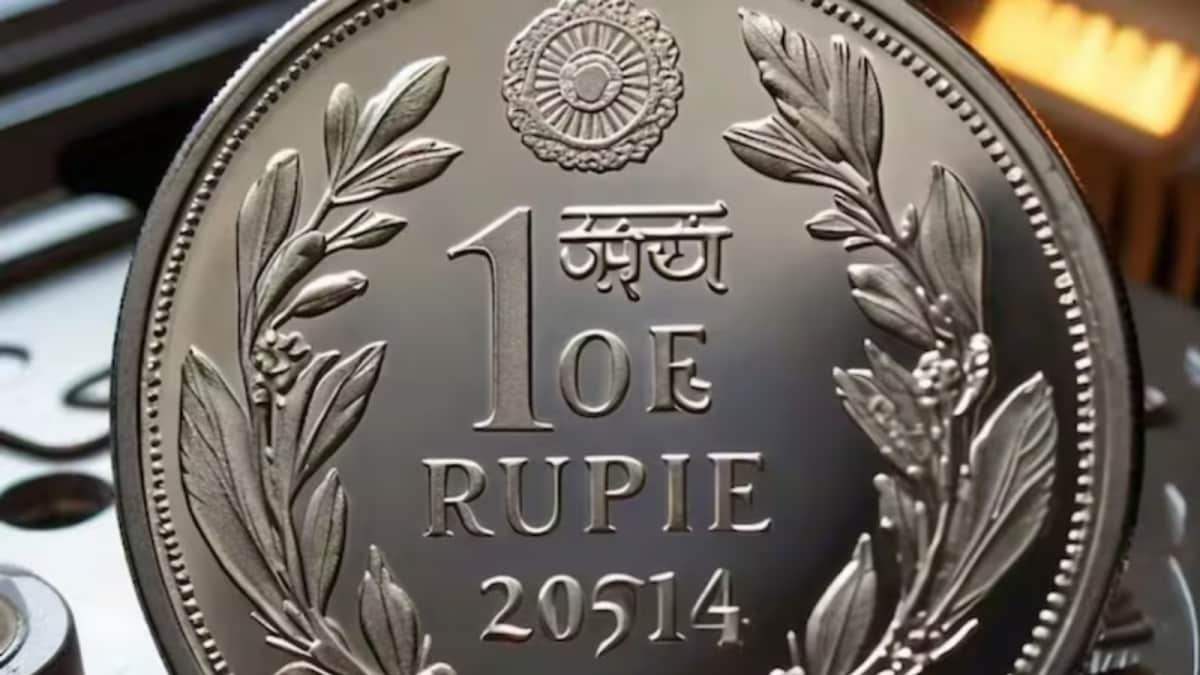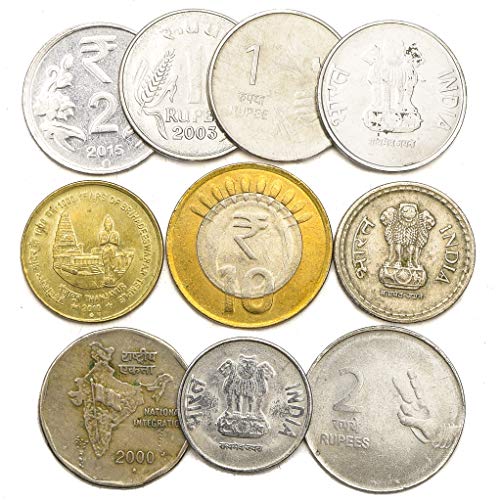
We use small denomination coins daily, for bus fares, local shopping, and countless small transactions. Yet, it’s not uncommon to face irritation or refusal when offering Re 1 or Rs 10 coins, with responses like, “This coin isn’t valid” or “We don’t accept Rs 10 coins.” Sound familiar?
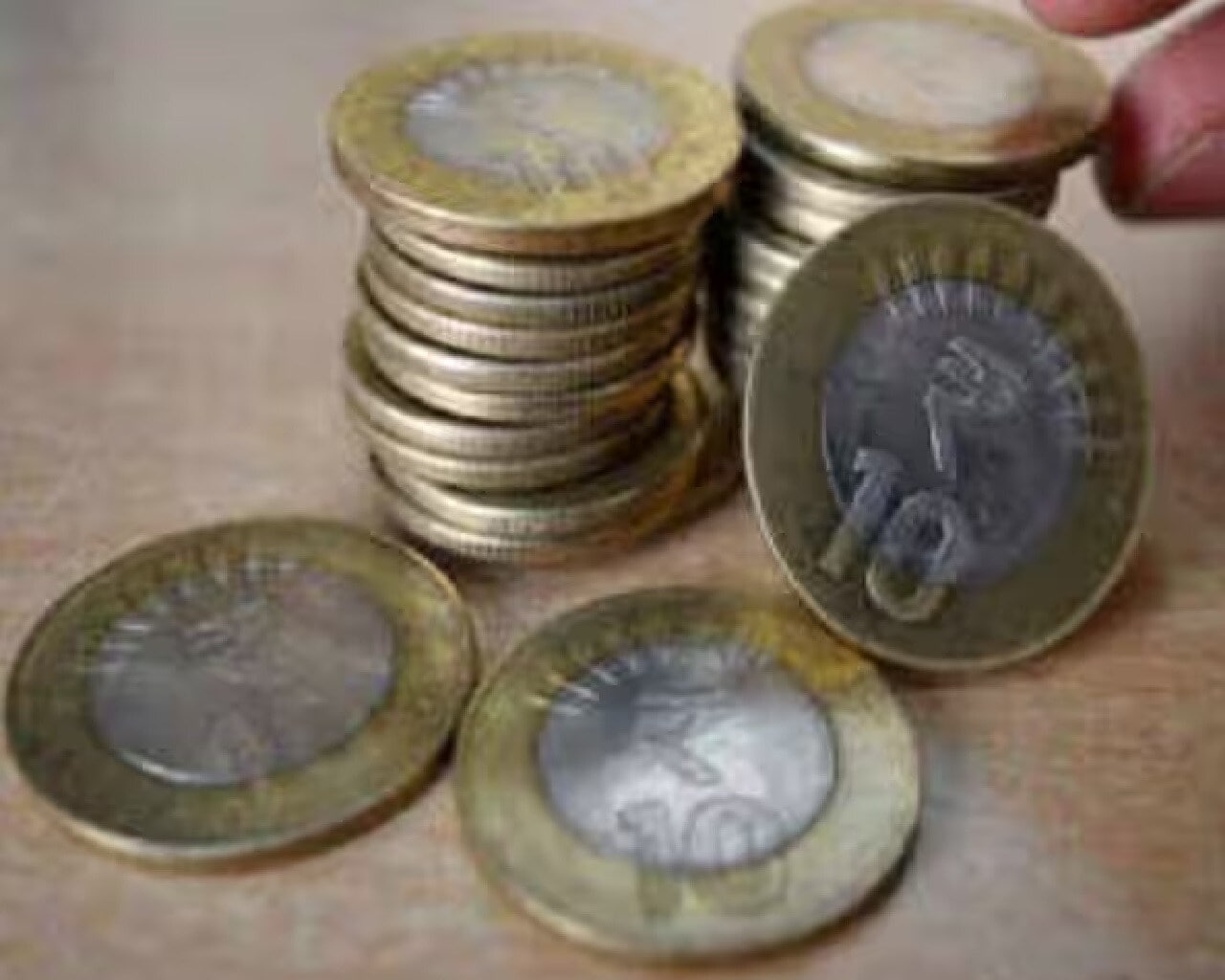
Such incidents are particularly frequent in smaller towns and rural areas, where some shopkeepers or individuals falsely claim that these coins have been “banned”. This is completely untrue and misleading.
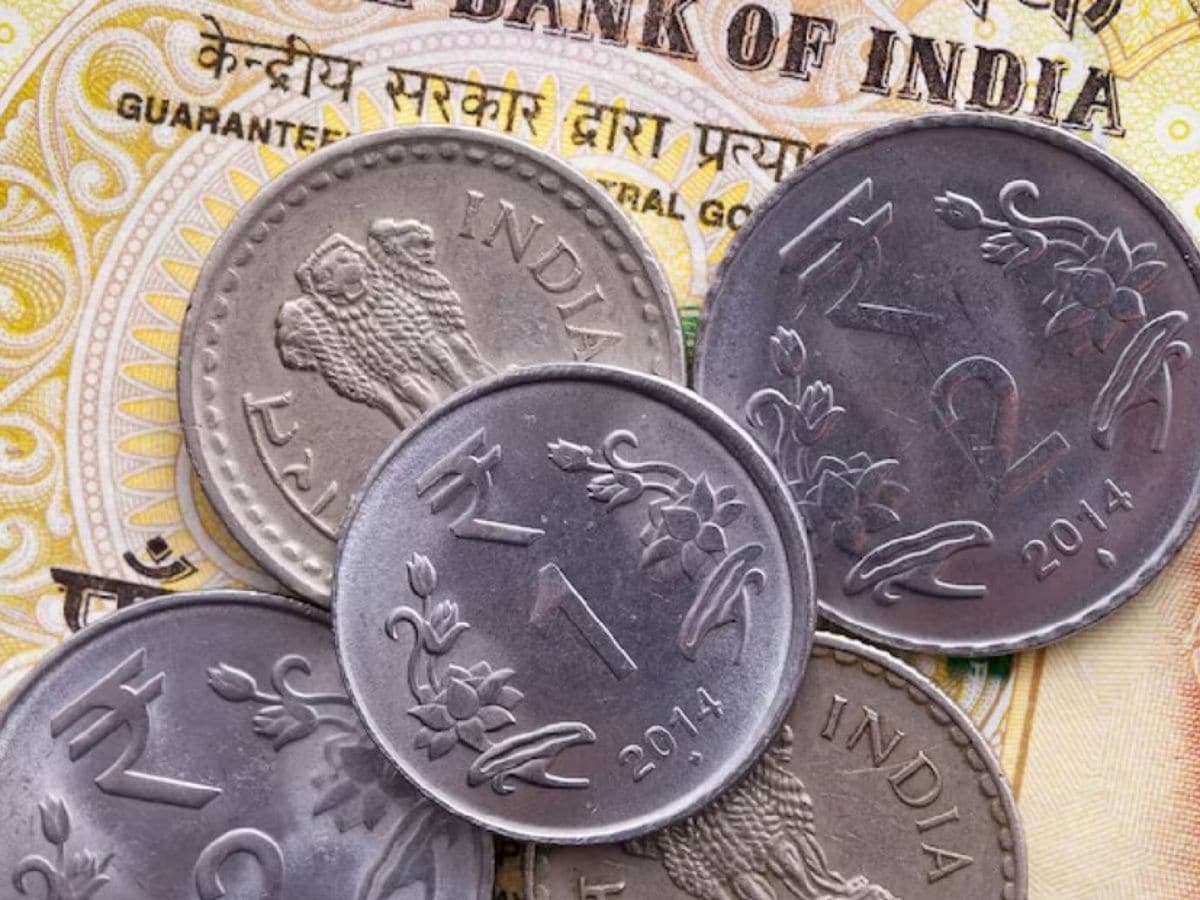
Let’s be clear: It is illegal to reject any currency, coin or note, that has not been officially withdrawn from circulation by the Reserve Bank of India (RBI). Refusing to accept legal tender is a punishable offence.
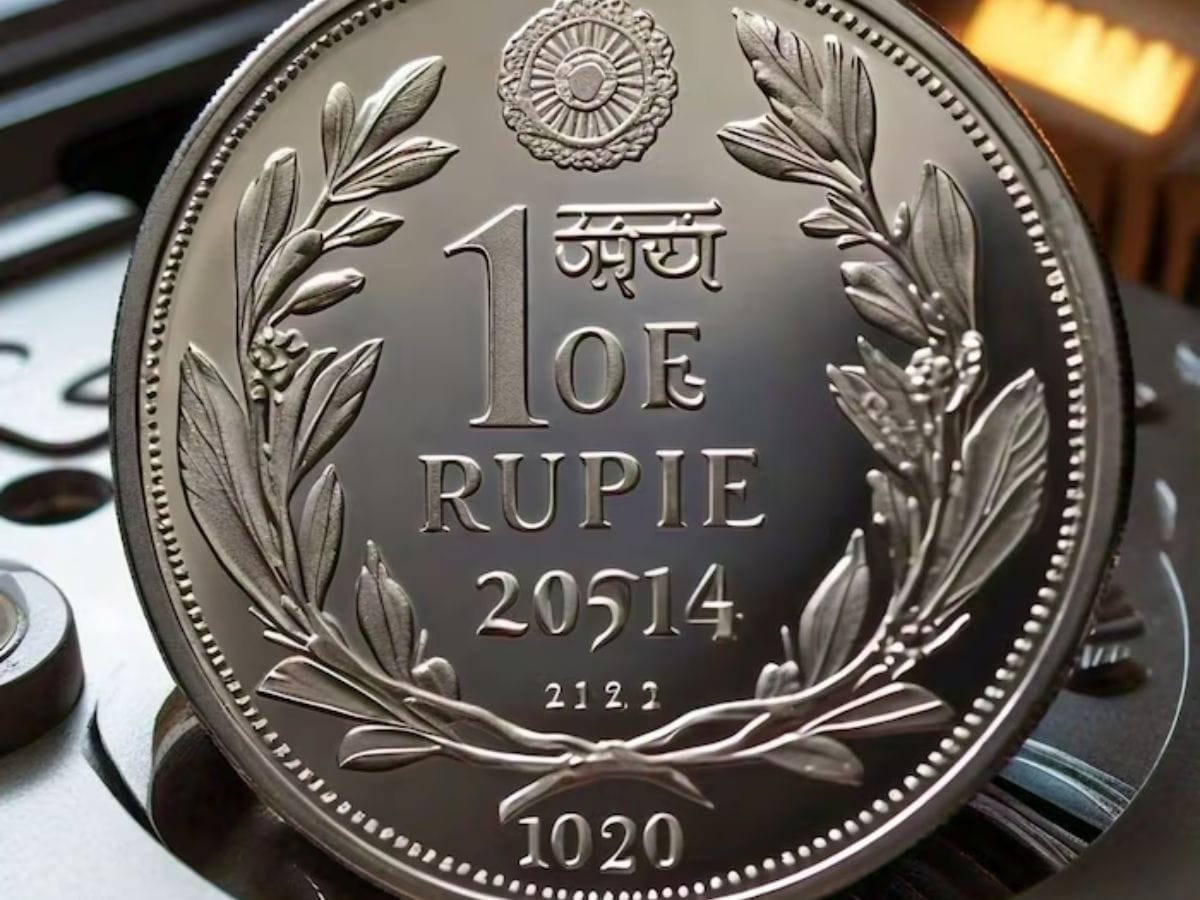
If a shopkeeper or anyone else refuses to accept a valid Re 1 or Rs 10 coin, you are not required to remain silent. You have the full right to file a complaint at your nearest police station. In fact, under relevant sections of the Indian Penal Code (IPC), this act is considered a disrespect to the nation’s currency and is legally actionable.
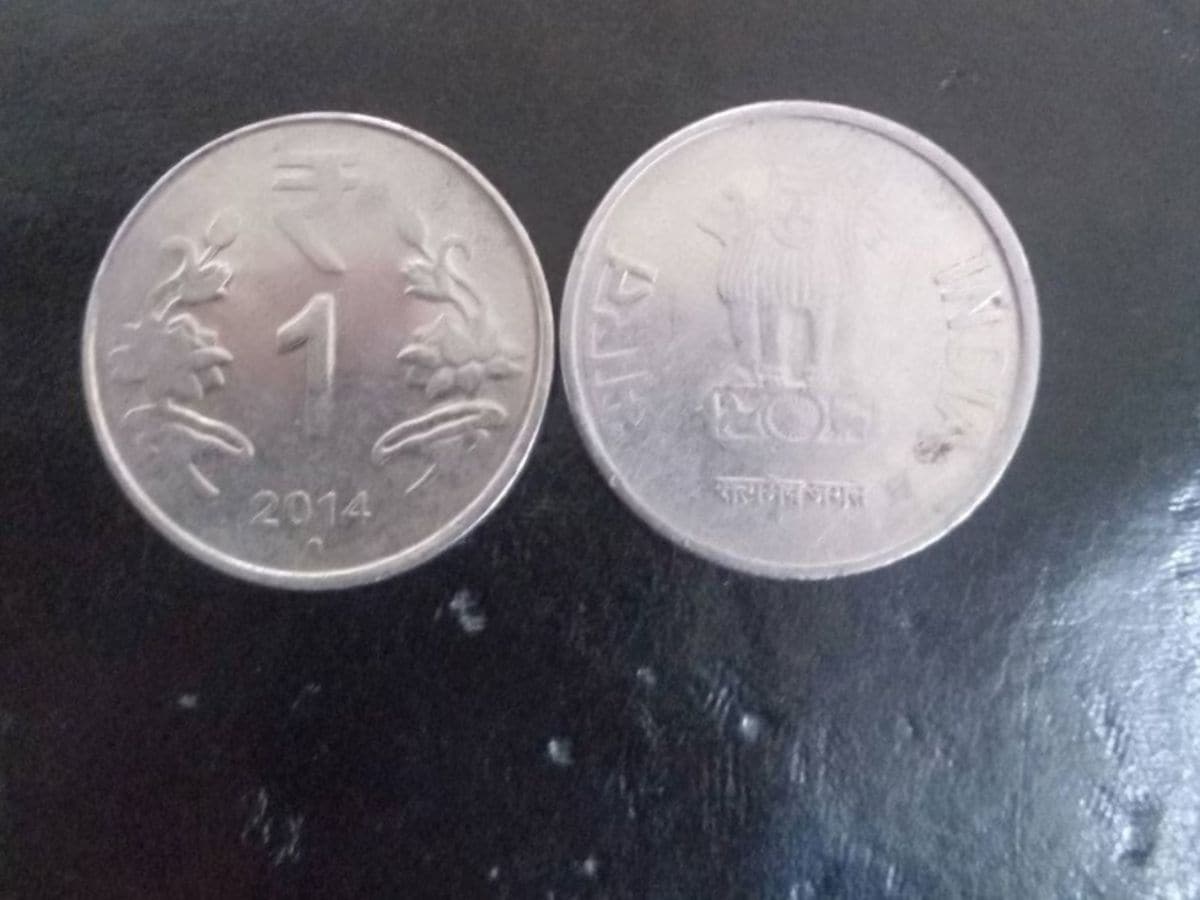
In addition to lodging a police complaint, you may also report the matter directly to the Reserve Bank of India through the complaint redressal section on its official website.
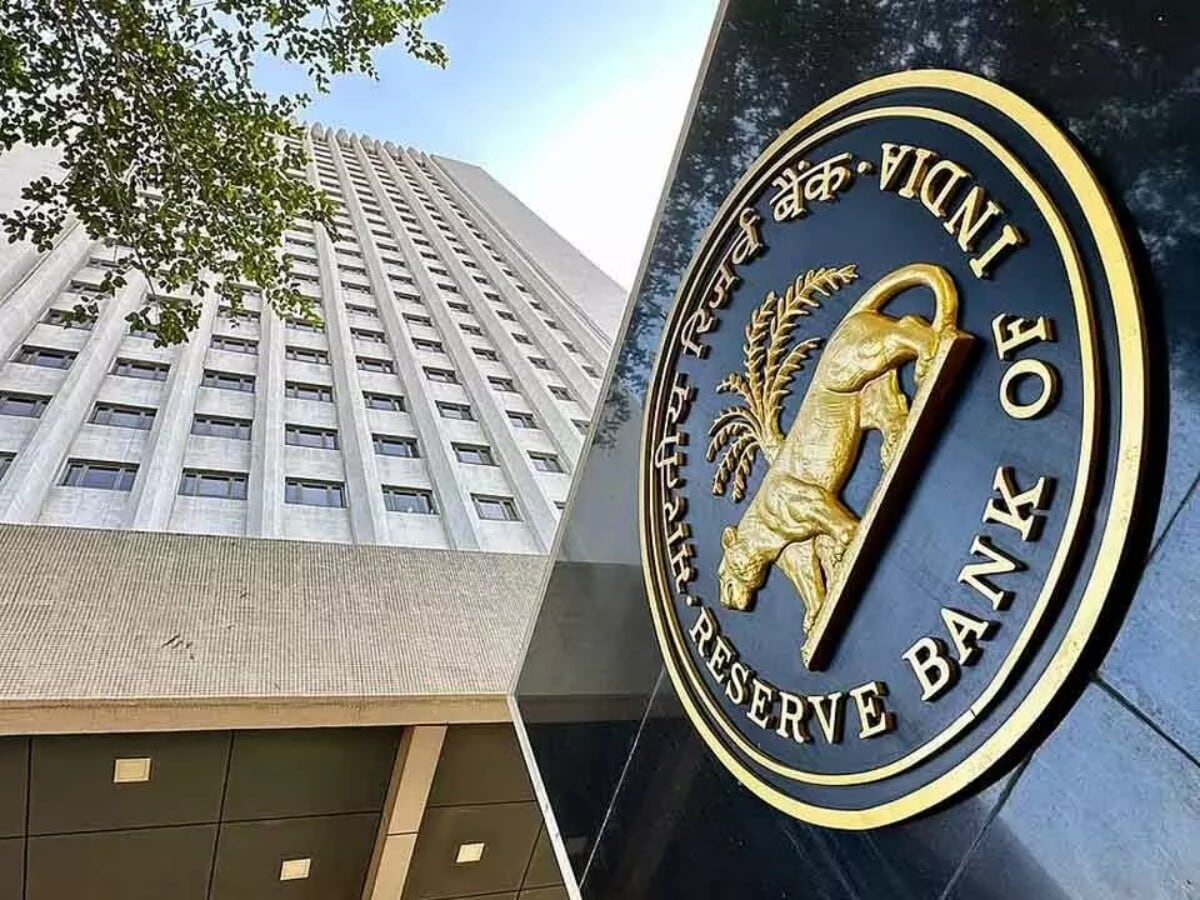
If the refusal is proven, authorities can take strict legal action, which may include fines, imprisonment, or both. The courts have the authority to determine the appropriate punishment based on the severity of the violation.
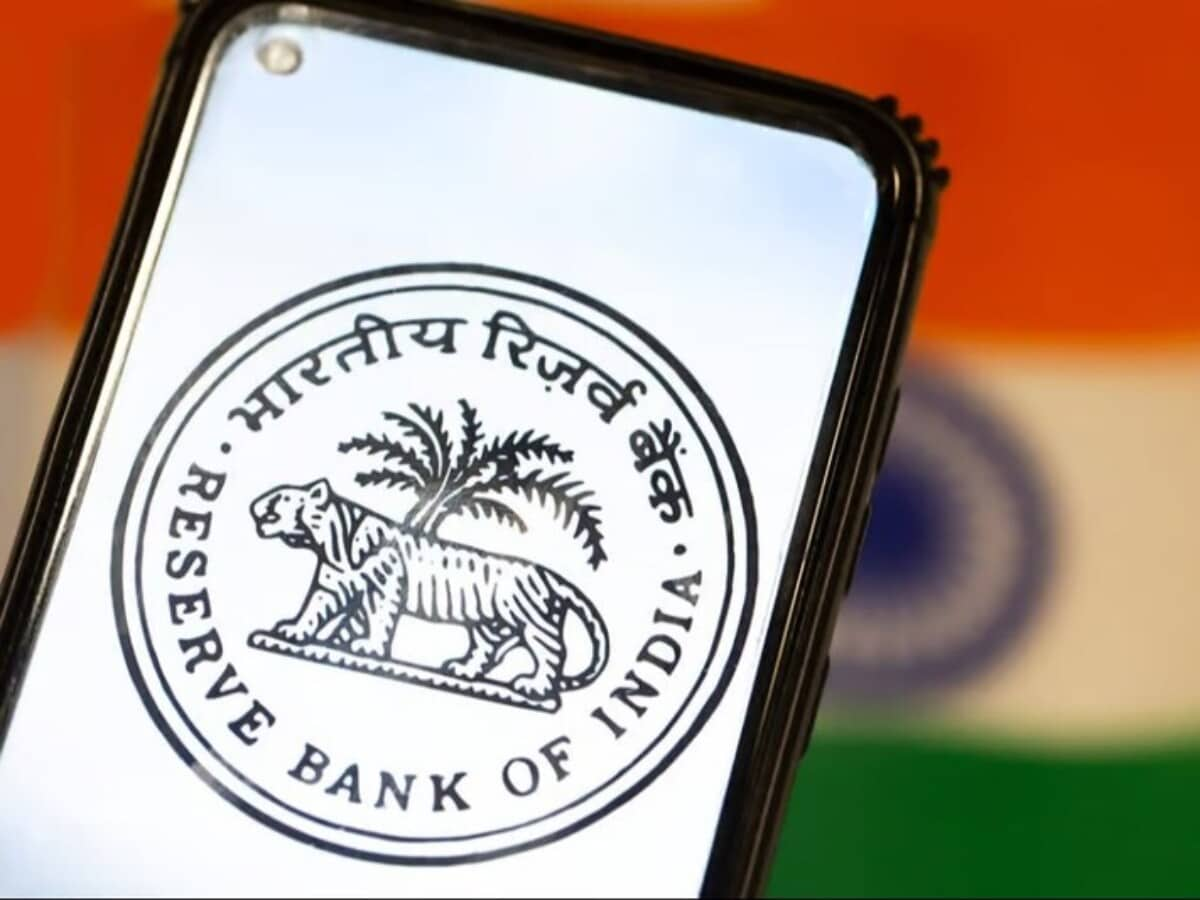
So, next time someone refuses to accept a valid coin, remind them of the law. If they still refuse, don’t hesitate to take action. It is both your right and your responsibility to uphold the integrity of legal Indian currency.


